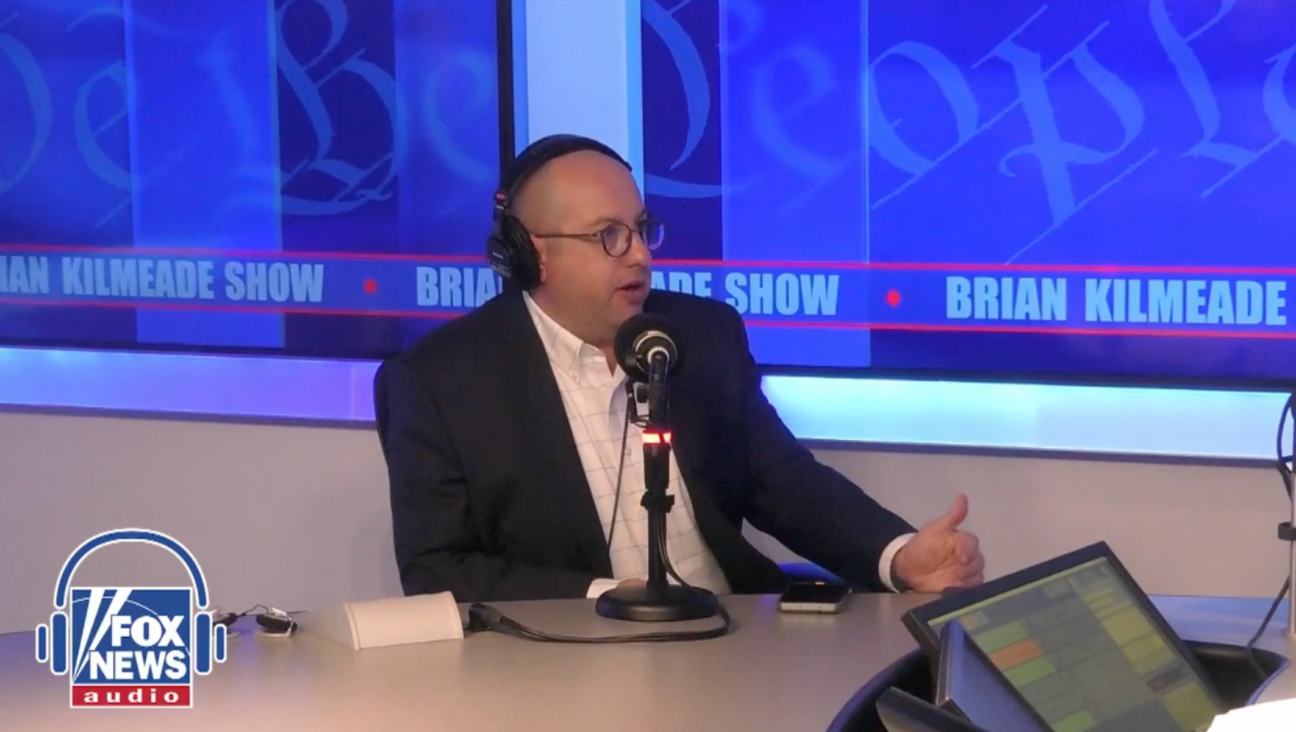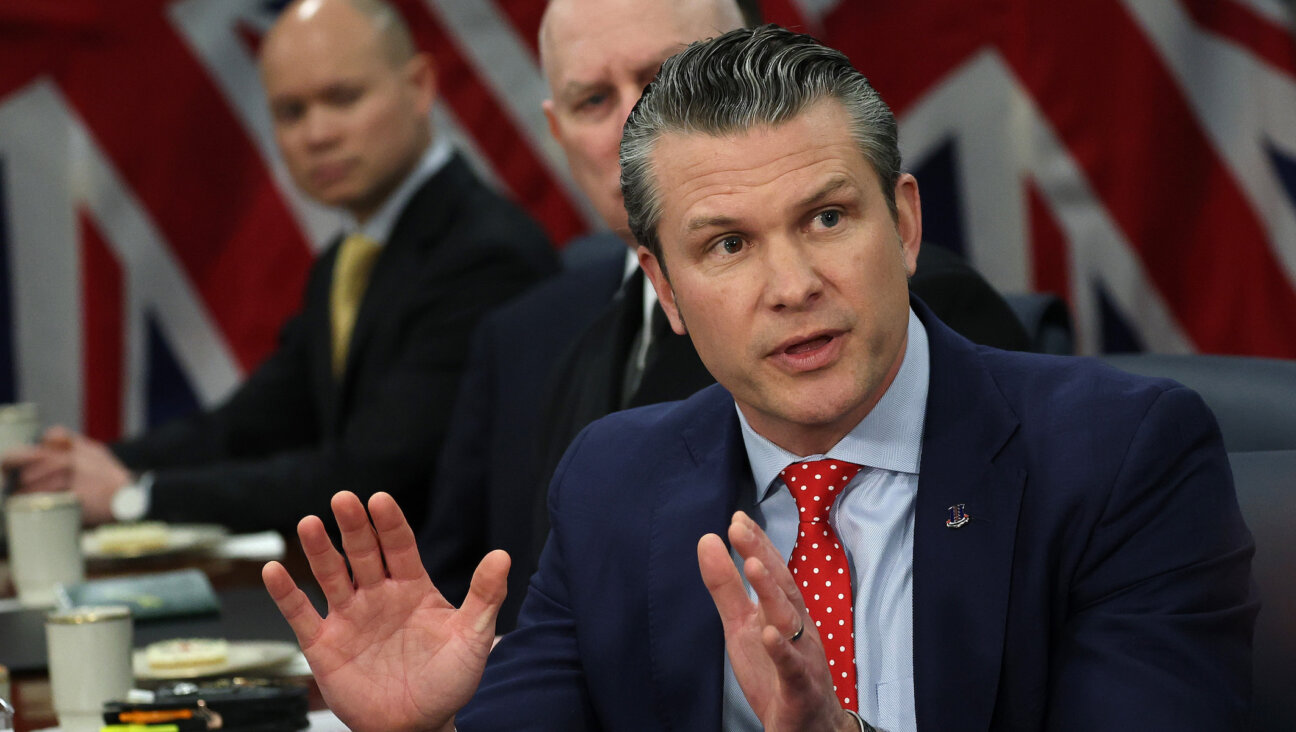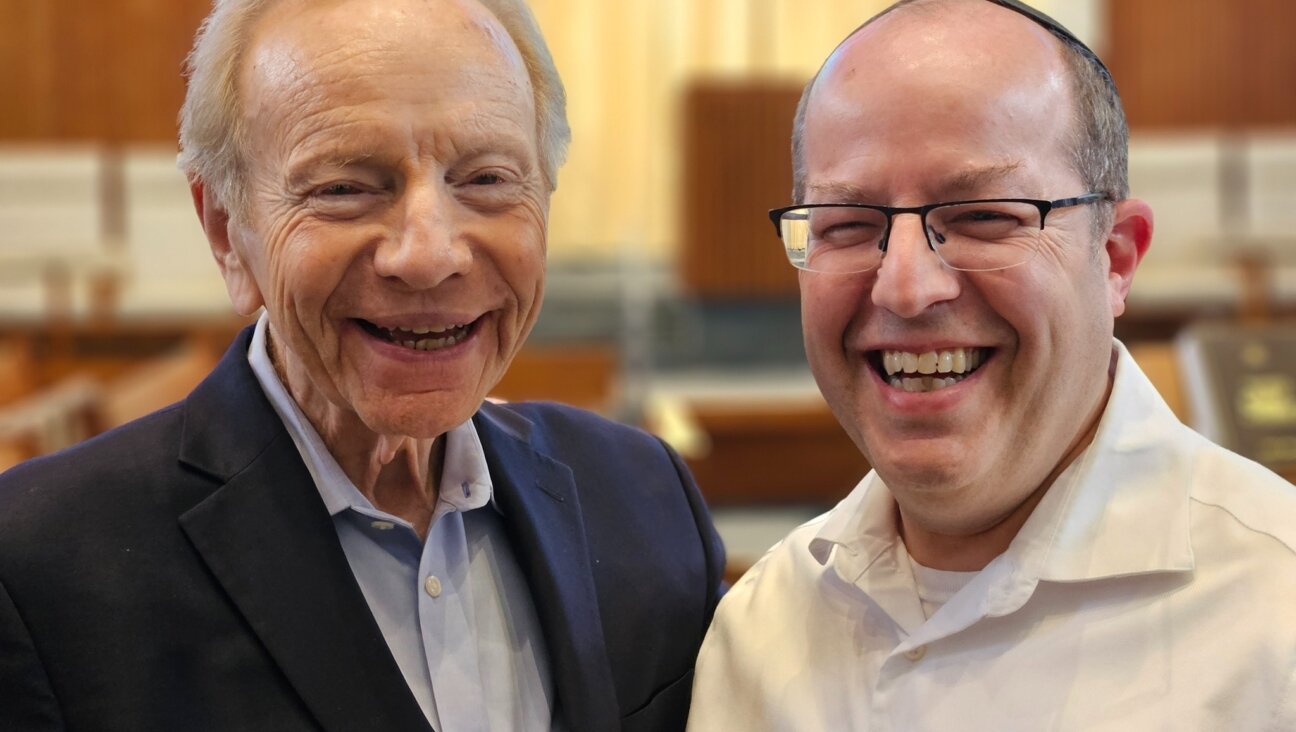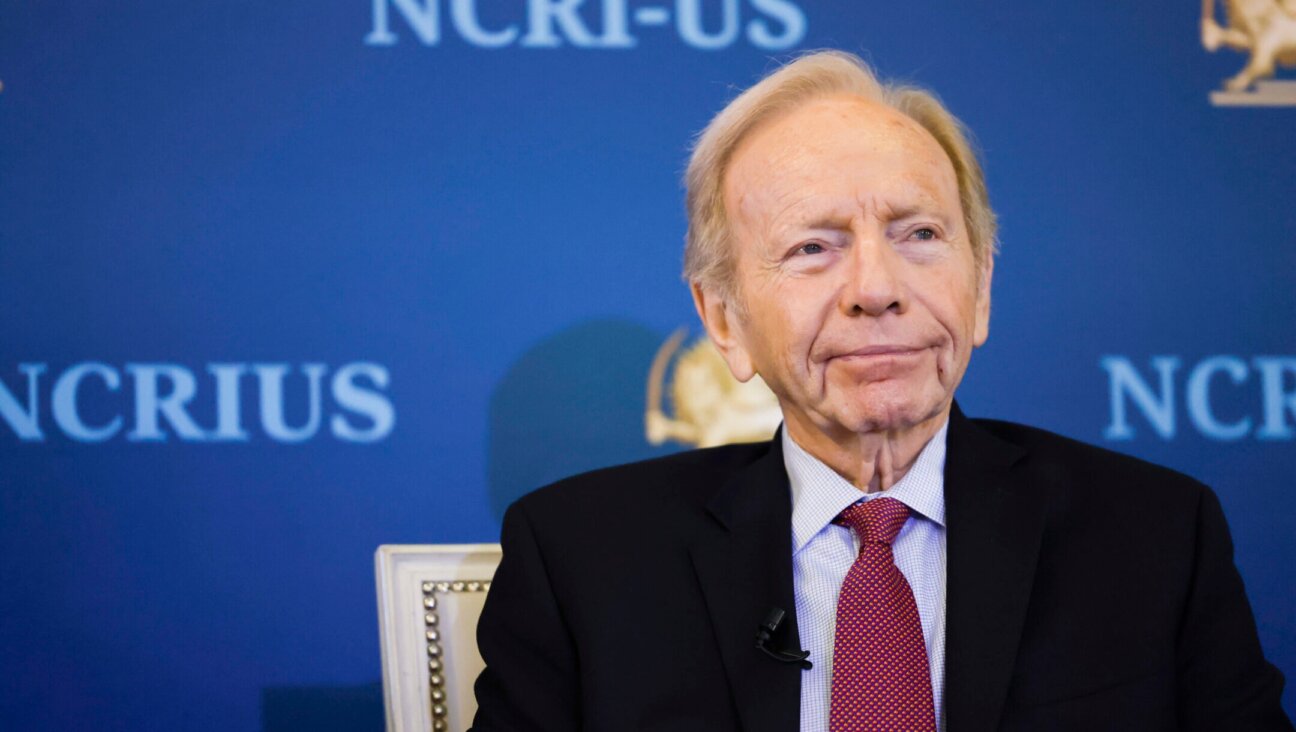Orthodox Wig Controversy Likely To Ebb, Rabbis Say
The Indian hair at the heart of the enormous Orthodox wig controversy will, in the end, probably be ruled non-problematic, according to several prominent rabbinic sources contacted by the Forward.
Though many leading Orthodox rabbis remain reluctant to speak on the record about the issue, two prominent rabbis — Rabbi Moshe Tendler of Yeshiva University, and Rabbi Yitzhak Abadi, a former leading adjudicator in the ultra-Orthodox community of Lakewood — have publicly declared that the wigs made of Indian hair may be used, and others admit that the issue is likely to subside with similar rulings.
The hullabaloo emerged earlier this month when certain wigs, worn by married women as part of Orthodox law and custom, were noted to contain hair shorn as part of a ritual in Hindu temples. While Orthodox rabbis have been aware of the source of the hair for decades, the status of the hair was the source of a renewed questioning when a rabbinic emissary presented Rabbi Yosef Sholom Elyashiv with evidence that he claimed would categorize the Hindu practice as idolatry, according to Orthodox standards. Elyashiv then reportedly ruled that wigs with hair originating in India could not be used, as deriving hana’ah, or benefit, from objects used in idolatry is a violation of biblical law. Previously Elyashiv had ruled Indian-hair wigs to be proper for Orthodox use, and based his new ruling on findings that presumably conflicted with facts he’d been aware of previously.
A number of rabbis will, indeed, likely remain faithful to Elyashiv’s ruling. But according to sources, several rabbis were skeptical about Elyashiv’s decision from the start, but silenced themselves in what colleagues described as a response to pressure from the right.
For example, Rabbi Dovid Ribiat backed away from a letter he authored on May 14 that summarily dismissed the controversy,
Ribiat told the Forward that the letter was a private communication to a few people. But within days, it was e-mailed worldwide. Ribiat later said that the letter was rife with inaccuracies and that it “wasn’t credible” enough to warrant press attention. Ribiat did not provide the Forward with an example of any specific inaccuracy in his letter, and rabbinic colleagues characterized Ribiat’s change in tone between his letter and subsequent retraction as a result of his having felt pressured by an effort to keep rabbis on-message with Elyashiv’s initial letter.
Similarly, Rabbi Yisroel Belsky, a consultant to the world’s largest kosher-certification organization, the Orthodox Union, was originally quoted in the New York Times as saying that he would stand by Elyashiv’s interpretation until he could “study the matter and consider his own ruling.” The O.U. was quick to respond with a statement from its executive director, Rabbi Tzvi Hersh Weinreb, calling on Orthodox Jews to consult with their local Orthodox rabbis to ascertain a proper avenue of action. Belsky subsequently embarked on a fact-finding trip to India. It was unclear this week whether Belsky had returned, and phone messages left at his home were not answered.
Meanwhile, some within the Jewish community at large had wondered about a potential Hindu backlash owing to dissatisfaction with being referred to as idolaters by Orthodox Jews. However, Rabbi Israel Singer, the president of the International Jewish Committee for Interreligious Consultations, said his group “has been in contact with Hindu leaders to clarify some misunderstandings that have arisen,” and that Hindu leaders “didn’t take [the idolatry terminology] seriously.”
The Forward is free to read, but it isn’t free to produce

I hope you appreciated this article. Before you go, I’d like to ask you to please support the Forward.
At a time when other newsrooms are closing or cutting back, the Forward has removed its paywall and invested additional resources to report on the ground from Israel and around the U.S. on the impact of the war, rising antisemitism and polarized discourse.
Readers like you make it all possible. We’ve started our Passover Fundraising Drive, and we need 1,800 readers like you to step up to support the Forward by April 21. Members of the Forward board are even matching the first 1,000 gifts, up to $70,000.
This is a great time to support independent Jewish journalism, because every dollar goes twice as far.
— Rachel Fishman Feddersen, Publisher and CEO
2X match on all Passover gifts!
Most Popular
- 1

News A Jewish Republican and Muslim Democrat are suddenly in a tight race for a special seat in Congress
- 2

Fast Forward The NCAA men’s Final Four has 3 Jewish coaches
- 3

Film & TV What Gal Gadot has said about the Israeli-Palestinian conflict
- 4

Fast Forward Cory Booker proclaims, ‘Hineni’ — I am here — 19 hours into anti-Trump Senate speech
In Case You Missed It
-

Fast Forward Jerusalem Post editor Zvika Klein, arrested in ‘Qatar-gate,’ says he’s being unfairly prosecuted for his reporting
-

Fast Forward Trump fires national security officials, reportedly at urging of Laura Loomer, far-right Jewish ‘Islamophobe’
-

Fast Forward Display honoring Jewish women graduates of naval academy removed ahead of Hegseth visit
-

Yiddish טשיקאַוועסן: מיידעלע געפֿינט 3,800־יאָריקע קמיע לעבן בית־שמש, ישׂראלTIDBITS: Little girl finds 3,800-year old amulet near Beit Shemesh, Israel
אַן עקספּערט פֿון פֿאַרצײַטיקע קמיעות האָט באַשטעטיקט אַז די קמיע איז געלעגן אויפֿן אָרט פֿונעם אַמאָליקן לאַנד כּנען.
-
Shop the Forward Store
100% of profits support our journalism
Republish This Story
Please read before republishing
We’re happy to make this story available to republish for free, unless it originated with JTA, Haaretz or another publication (as indicated on the article) and as long as you follow our guidelines.
You must comply with the following:
- Credit the Forward
- Retain our pixel
- Preserve our canonical link in Google search
- Add a noindex tag in Google search
See our full guidelines for more information, and this guide for detail about canonical URLs.
To republish, copy the HTML by clicking on the yellow button to the right; it includes our tracking pixel, all paragraph styles and hyperlinks, the author byline and credit to the Forward. It does not include images; to avoid copyright violations, you must add them manually, following our guidelines. Please email us at [email protected], subject line “republish,” with any questions or to let us know what stories you’re picking up.















